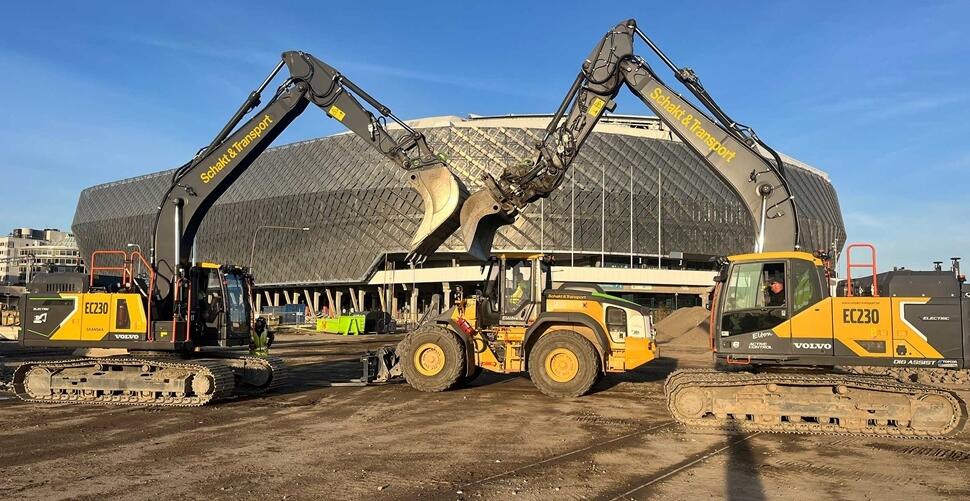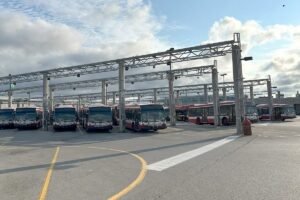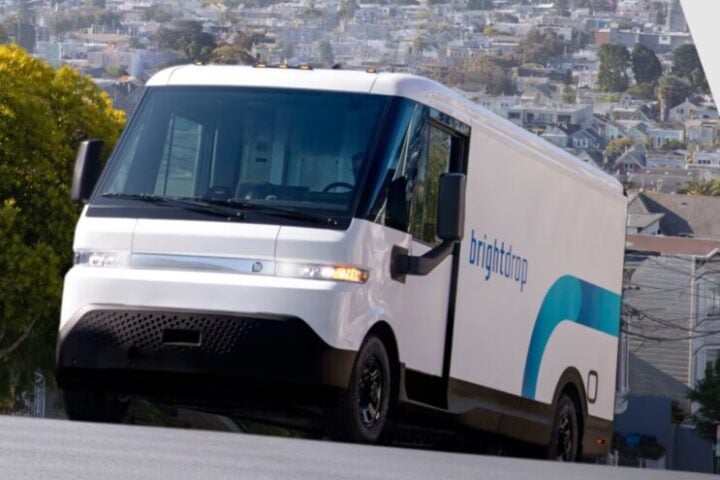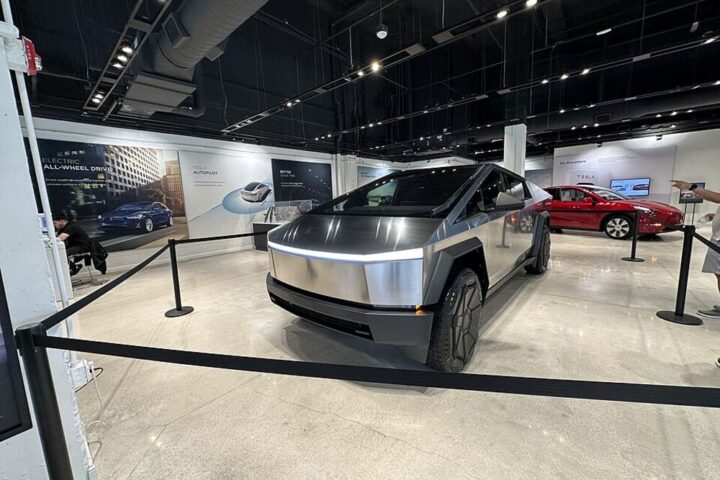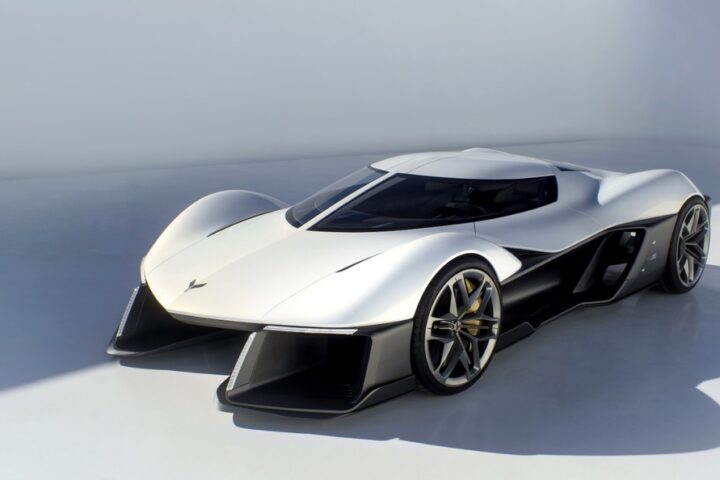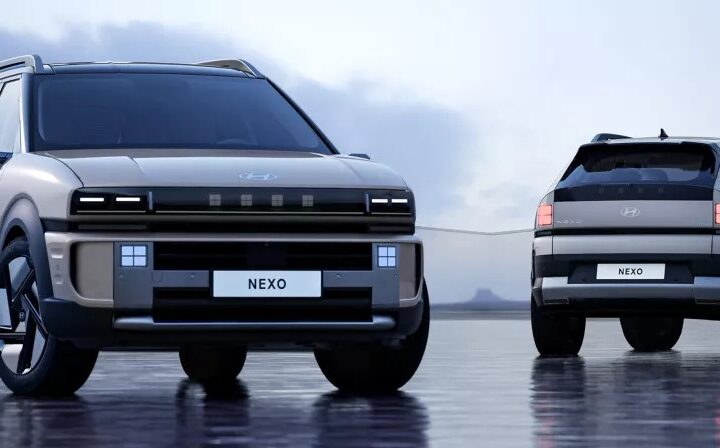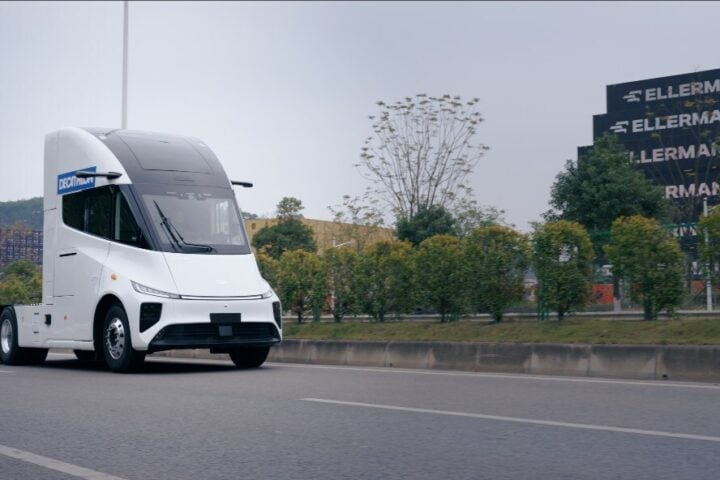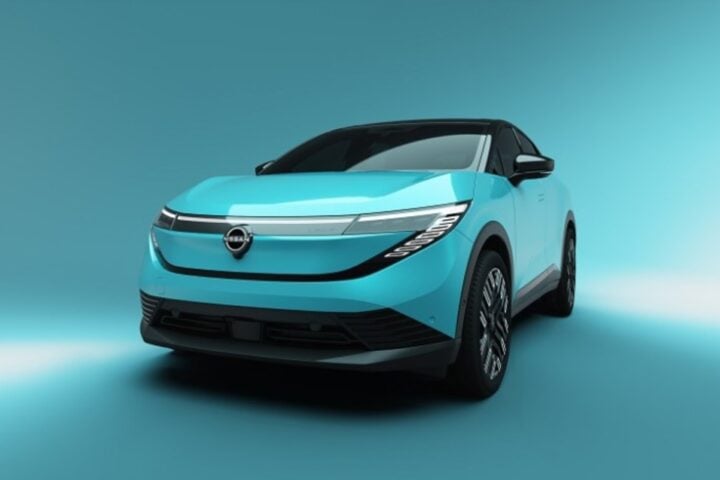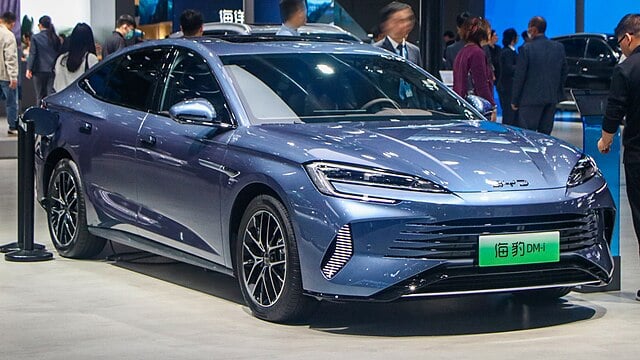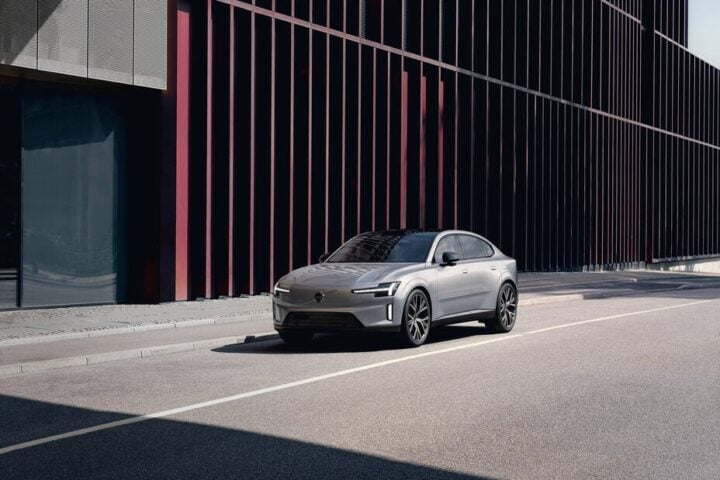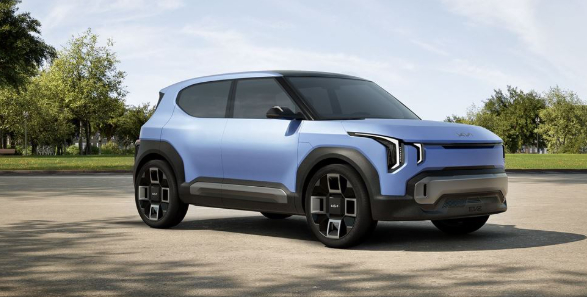In Stockholm’s meat-packing district ‘Slakthusområdet’, what started as a modest 10% electric machine operation target two years ago has evolved into Sweden’s largest fossil-free construction site, now operating at 50% electric capacity. The site has eliminated 2,759 tons of CO₂ emissions as of June 2024, marking a clear shift in sustainable urban development.
The project, set to complete its first phase in early 2025, earned recognition as the ‘Sustainable Construction Project of the Year’ at the Swedish Green Building Awards.
Stockholm’s municipal contracts now mandate carbon calculations at the tender stage – a practical approach to ensuring accountability. The project aims to reduce emissions below 3.5 tons of CO₂ per SEK 1 million turnover, compared to the typical 11 to 29 tons in similar projects.
“The City of Stockholm has a goal of becoming climate positive by 2030. To reach this goal we need to continue to require the use of electrically powered construction vehicles and fossil-free construction sites in our procurement,” states Anders Österberg, Deputy Mayor of Stockholm and chair of the City Development Committee.
Three Volvo CE electric machines – two EC230 Electric crawler excavators and one L120H Electric Conversion wheel loader – are currently operating on site. The machines, named Electra, Ellen, and Elton, handle ground lowering, excavation of 68,000m³ of soil and rock, tunnel filling, and utility system preparation.
Fredrik Tjernström, Head of Electromobility Solutions Sales at Volvo CE, reports: “The first phase showed the effectiveness of electric machines in performing tasks while significantly reducing CO₂ emissions. This is invaluable for city center projects to help municipalities meet their emission reduction targets and enhance air quality, as well as reducing noise levels for everyone’s benefit.”
More Stories
The site’s electric infrastructure includes two fast chargers and three battery packs supplied by Eviny. Two electric trucks with trailers complement the setup, with an additional Volvo electric truck from Bellman Group expected in early 2025. The site also employs electric sorting and compaction tools, alongside hand-operated electric machines.
Project Manager Anna Göransdotter from Skanska observes: “When municipalities like Stockholm City prioritize carbon reduction in contract awards, it not only sets an inspiring precedent for other regions, but also drives innovation across the construction industry. This proactive approach creates a ripple effect throughout the entire value chain, pushing all stakeholders to explore new possibilities and expand the boundaries of what can be achieved in sustainable construction.”
The project continues with phase two, maintaining its commitment to 100% fossil-fuel free site operations through HVO100 fuel use and electric machinery. The implementation of climate-reduced concrete adds another layer to its sustainability efforts. The construction, which began in summer 2024, continues toward its completion date in 2025. Stockholm City aims to be climate positive by 2030 and fossil-fuel free by 2040, with this project contributing to these established municipal targets.
